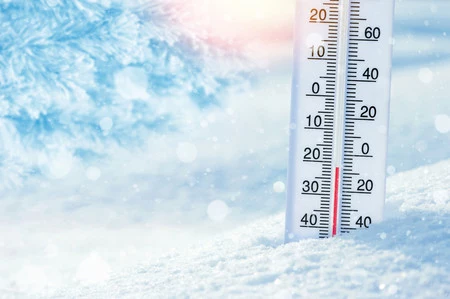

A wonderful read - social history at its best. Music was about to change from American cover versions to home grown talent and that talent would explode with the melting of the snow. Meanwhile, waiting in the wings were Mick Jagger and the Rolling Stones, poised to follow them, with Bob Dylan visiting London for the first time, and older acts, such as Helen Shapiro (even if she was very young) getting ready to exit the stage. As they trundled in their van around the snow covered roads, roadie Neil Aspinall struggling to see through the windscreen, their irreverent humour, original music, and openly Liverpudlian accents, would charm a nation. Although she discusses sport, politics, ballet and changing attitudes, such as tolerance towards homosexuality, it is music which is central to her story.īefore 1963, regional accents were hardly heard on the BBC and possibly only there as a figure of fun (the 'O'ill give it foive' of 'Juke Box Jury') but the Beatles would change all that and much more. From JFK, through Profumo and Christne Keeler, Mary Quant, Sylvia Plath, Macmillan, Tara Browne and others, she writes of social, and class, barriers being broken down. Juliet Nicolson manages to combine a personal memoir, with a social history, which is extremely readable and enjoyable. The Beatles, who released their first single in 1962, would explode into popularity, Private Eye and 'That Was the Week That Was,' would poke fun at previously off-topic subjects, and attitudes would change. By the time the snow had stopped, society would have shifted. Fog, a lack of optimism, the threat of the Cold War and a still censorious Auntie Beeb, meant that things were going along much as always. In 1962, a new decade was underway, but Post-War Britain still seemed to be ensnared in the fifties. Although I was not born then, my brother was born in March, 1963, and so it was a winter my mother recalled with clarity. It centres around the winter of 1962-63, when snow started falling on Boxing Day, 1962, and continued falling for ten weeks. I have enjoyed all the books I have read by Juliet Nicolson so far and I am pleased to say that this is no exception. That spring, new life was unleashed, along with freedoms we take for granted today. When the thaw came, ten weeks of extraordinary weather had acted as a catalyst between two distinct eras.įrom poets to pop stars, shopkeepers to schoolchildren, and her own family's experiences, Juliet Nicolson traces the hardship of that frozen winter and the emancipation that followed. Scandals such as the Profumo Affair exposed racial and sexual prejudice. A game-changing band from Liverpool topped the charts, becoming the ultimate symbol of an exuberant youthquake. A new breed of satirists threatened the complacent decadence of the British establishment.

These shadows hung over a country paralysed by frozen heating oil, burst pipes and power cuts.Īnd yet underneath the frozen surface, new life was beginning to stir. Unemployment was on the rise, de Gaulle was blocking Britain from joining the European Economic Community, Winston Churchill, still the symbol of Great Britishness, was fading. The threat of nuclear war had reached its terrifying height with the recent Cuban Missile Crisis. On Dartmoor 2,000 ponies were buried in the snow, and starving foxes ate sheep alive. In London, milkmen made deliveries on skis. The drifts in East Sussex reached twenty-three feet. On Boxing Day 1962, when Juliet Nicolson was eight years old, the snow began to fall.


 0 kommentar(er)
0 kommentar(er)
